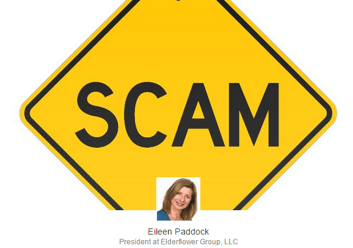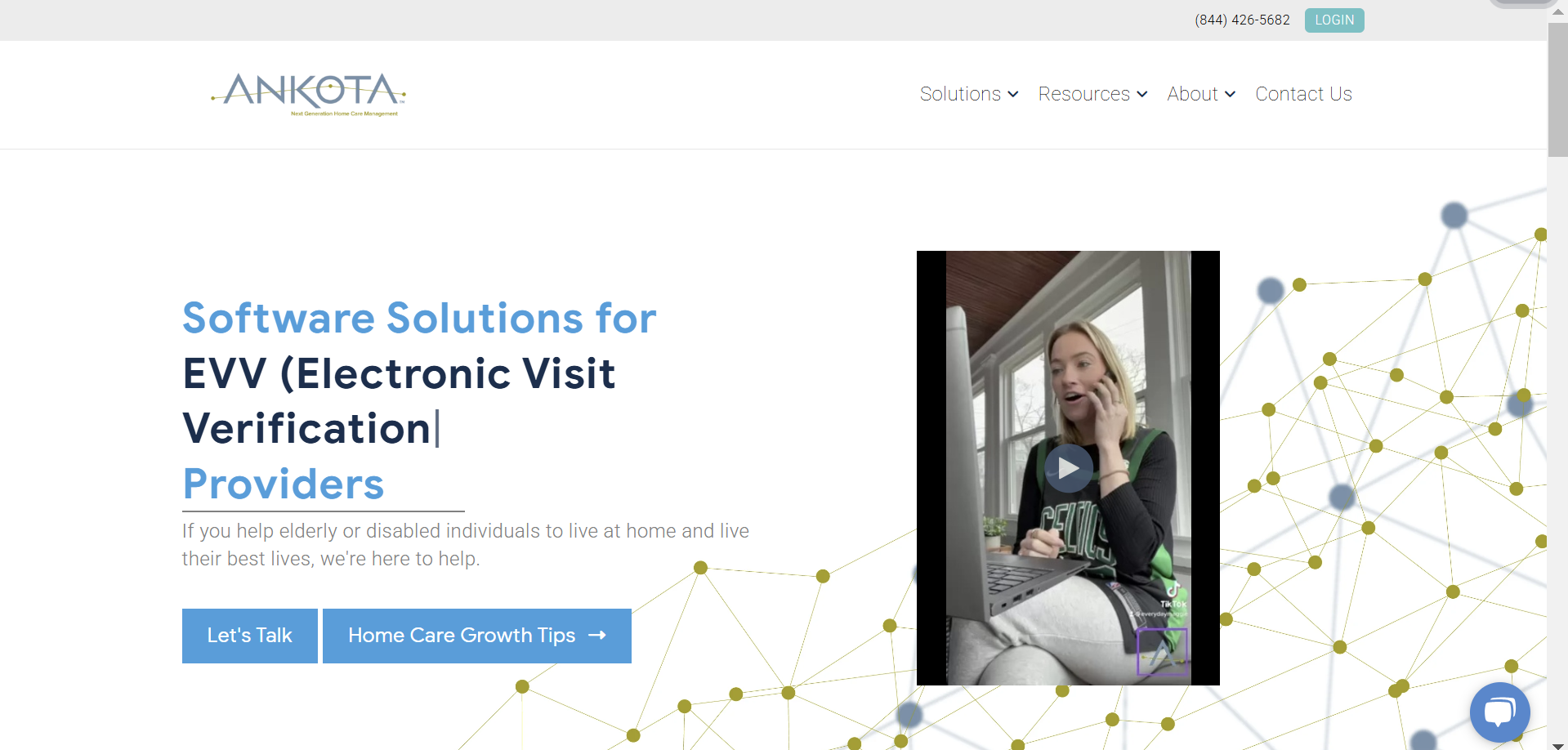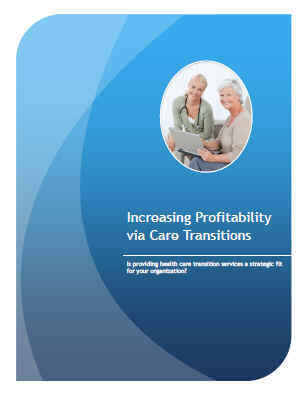My friend Eileen Paddock runs the Elderflower Group in Phoenix. Her mission is to help businesses to better serve the growing community of older seniors, who are often otherwise overlooked and under-served. She has recently written a series of blog posts at http://elderflowergroup.com/ that focus on phone scammers who prey on the elderly. Eileen's article below offers a relatively simple way that home care agencies can help their clients deter scammers.
A Strong Voicemail Greeting Can Help Protect Seniors From Scammers

Many seniors have learned the importance of having strong passwords to protect their computer, their data and online banking accounts. But too often, they overlook an important line of defense against telemarketing scam artists—their voicemail greeting.
Within seconds of hearing a voicemail greeting, scam artists can easily determine if they have called a much older adult. In addition, a greeting often reveals that a person lives alone. This combination is a scam artist’s delight, because socially isolated older adults make ideal targets. Often lonely, these seniors are usually more willing to engage in long conversations with strangers, providing scam artists with an opportunity to build rapport and gain trust.
Voices Change With Age
We know that our voices change as we age. This is due to muscle-related deterioration in the voice box and vocal cords. With age, the pitch of a man’s voice becomes higher. The opposite happens for women. By the time most people reach their 80s, their speech becomes noticeably slower. Their voices become thready or thin, with tremors and reduced volume/projection.

Outwitting The Scam Artists
Seniors can outwit scam artists by transforming weak voicemail greetings into strong ones. Let’s look at John Smith, who is 88 and lives alone. John’s old voicemail greeting featured his voice, saying:
Hello. This is John Smith. I am not home to take your call right now. Leave a message with your number and I will return your call when I get home.
John’s greeting was weak on two counts—his voice let callers know that he was much older and his words let them know that he lives alone. John strengthened his voicemail greeting with the help of his son, Mark. Now, John’s voicemail greeting features Mark’s deep and booming voice, saying:
Hi. You’re reached the Smith residence. We’re not available to take your call. Leave a message at the tone and one of us will get back to you when we are free.
Now, when scammers call John’s house, they won’t know they have reached the home of an older man who lives alone. Instead, they will believe they’ve reached a younger family. This isn’t the target that fraudsters are looking for, so John’s number may now get crossed off thescammer’s “hit list.”
Use Two Phone “Lines of Defense”
Telemarketing scam artists work on the “weakest link” principle. They want the easiest access to socially isolated older adults—the people most vulnerable to fall for their scams.
Offer to Help
If you know a much-older senior, listen to their voicemail greeting. If their greeting is weak, offer to help them transform it into a strong one. It only takes a few minutes to help protect seniors from elder financial abuse.
Editor's Note: How Can Home Care Help?
What has your agency done recently to provide something extra or special for your clients? Maybe you bring cookies, a gift basket or flowers to make a holiday more special. How about bringing some protection from phone scams. Why not share Eileen's article with the family members of your clients, and offer to change their parent's voicemail message if warranted?
For more tips on preventing elder abuse? Sign up for the Elderflower Group’s weekly updates at http://elderflowergroup.com (“follow blog via email”). For additional home care agency best practices, please download The 7 Habits of Highly Effective Home Care Agencies. Just click the link or the picture below.
If you're interested in scheduling an online demo of our home care or care transitions software solutions, click this button:

Ankota provides software to improve the delivery of care outside the hospital, focusing on efficiency and care coordination. Ankota's primary focus is on Care Transitions for Readmission avoidance and on management of Private Duty non-medical home care. To learn more, please visit www.ankota.com or contact us.

.png)
.png)




.png)
.png)


